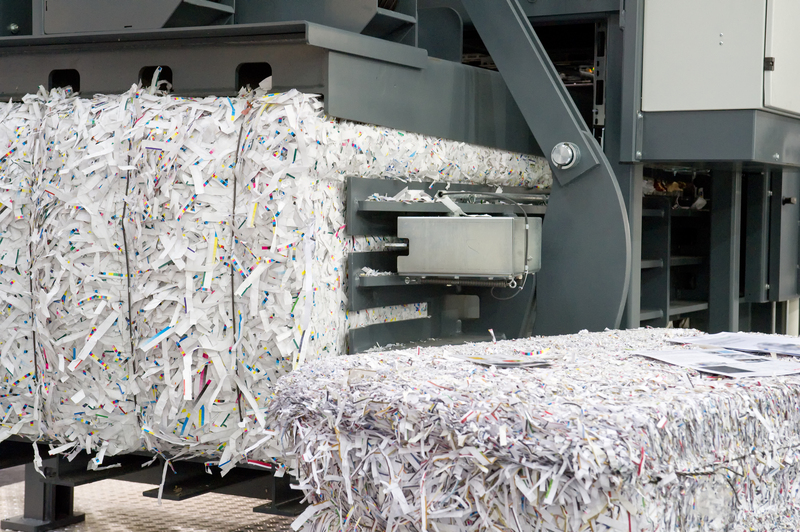The Comprehensive Guide to Trash in London: Managing Waste in a Bustling Metropolis

London, one of the world's most vibrant and bustling cities, faces unique challenges when it comes to waste management. With a population exceeding 9 million and millions of visitors each year, the issue of Trash London is both significant and complex. Effective waste management is crucial not only for maintaining the city's cleanliness but also for ensuring the health and well-being of its residents.
Understanding the dynamics of trash disposal in London requires a deep dive into the city's infrastructure, policies, and the behaviors of its inhabitants. From recycling programs to waste collection schedules, every aspect plays a pivotal role in shaping how waste is managed in the capital.
The environmental impact of Trash London cannot be overstated. Improper waste disposal can lead to pollution, harm wildlife, and contribute to the city's carbon footprint. Therefore, London has implemented a range of initiatives aimed at reducing waste and promoting sustainability.

One of the cornerstone initiatives is the London Recycling Strategy, which emphasizes the importance of reducing, reusing, and recycling. The strategy outlines clear guidelines for residents and businesses, encouraging them to minimize waste generation and adopt more sustainable practices.
Recycling in London is made convenient through the provision of numerous recycling bins scattered across the city. These bins are designated for different types of waste, ensuring that recyclable materials are properly sorted and processed. This systematic approach not only streamlines the recycling process but also maximizes the efficiency of waste management operations.
In addition to recycling, London has made significant strides in waste reduction through various campaigns and educational programs. These initiatives aim to raise awareness about the importance of waste reduction and empower individuals to make environmentally conscious choices in their daily lives.

The role of technology in managing Trash London is increasingly vital. Advanced waste management systems, including smart bins and automated collection processes, have transformed how waste is handled in the city. These technologies optimize waste collection routes, reduce operational costs, and enhance overall efficiency.
Moreover, London is exploring innovative solutions such as waste-to-energy plants, which convert waste into usable energy. These facilities not only help in reducing the volume of waste sent to landfills but also provide a renewable energy source, contributing to the city's sustainability goals.
Community engagement is another critical component of effective waste management. London encourages active participation from its residents through various programs and initiatives. Community-led recycling projects, clean-up drives, and sustainability workshops are just a few examples of how the city fosters a collective effort towards better waste management.

Despite the progress made, challenges remain in managing Trash London. The sheer volume of waste generated by a metropolis of its size poses logistical and environmental challenges. Additionally, ensuring compliance with waste management regulations and overcoming public apathy are ongoing issues that need to be addressed.
Furthermore, the COVID-19 pandemic has introduced new complexities in waste management, with an increase in single-use plastics and medical waste. Adapting to these changes requires flexibility and resilience in the city's waste management strategies.
Looking forward, London's commitment to sustainability and innovative waste management solutions will be crucial in addressing these challenges. By continuing to invest in technology, promoting community engagement, and enforcing effective policies, London can pave the way for a cleaner and more sustainable future.

In conclusion, Trash London is a multifaceted issue that demands a comprehensive and collaborative approach. The city's ongoing efforts in recycling, waste reduction, and technological innovation are commendable steps towards effective waste management. However, sustained commitment and collective action from all stakeholders are essential to overcoming the challenges and achieving long-term sustainability.
As London continues to grow and evolve, so too must its strategies for managing waste. Embracing new technologies, fostering community involvement, and implementing robust policies will be key to maintaining the city's cleanliness and environmental health. Ultimately, the success of Trash London initiatives will serve as a model for other major cities grappling with similar challenges.







